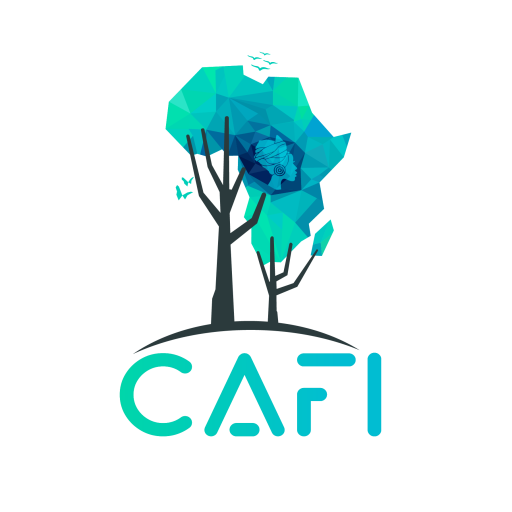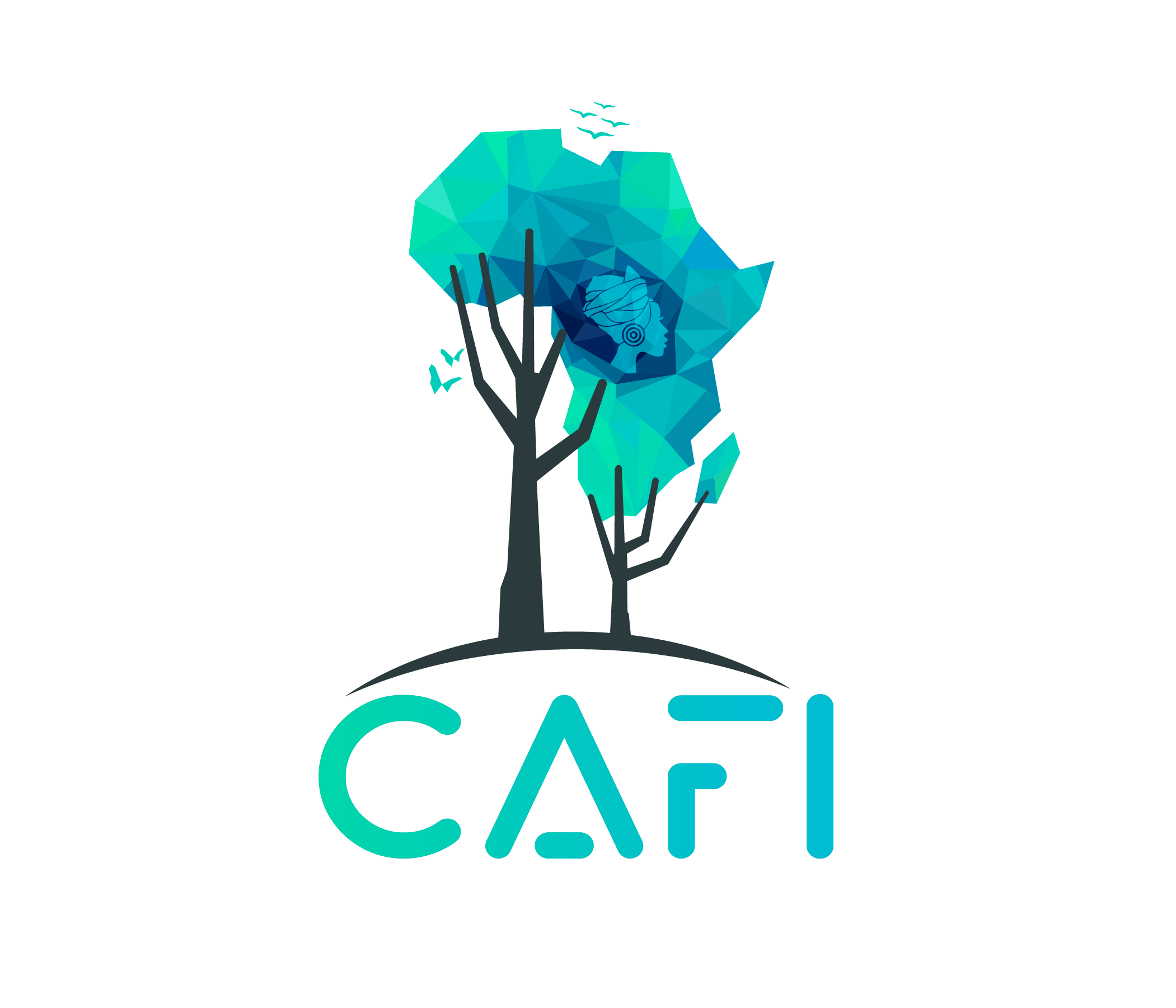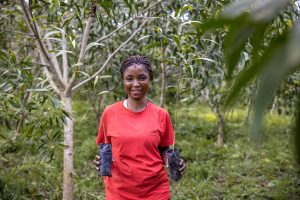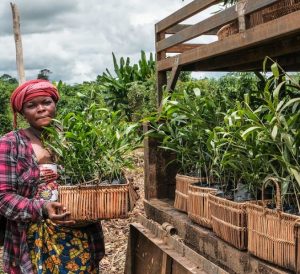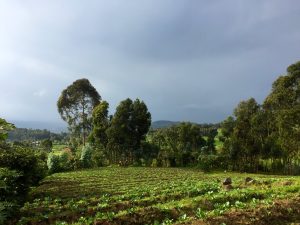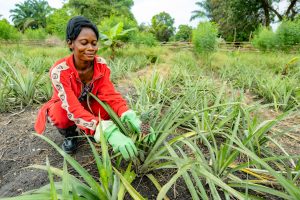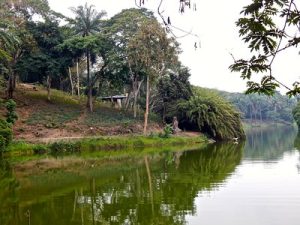The Democratic Republic of Congo (DRC) is a forest giant. Its tropical forest, covering more than 130 million hectares, is the second largest in the world. But the DRC is also an economically vulnerable, politically unstable country and among the poorest in the world. Much of its population lives in abject poverty: 15.5 million people are food insecure, 2.3 million children are moderately malnourished and 1.1 million children are severely malnourished.
The DRC’s forest faces great challenges : the DRC is the third largest tropical country in the world in terms of forest loss after Brazil and Indonesia, with 14.6 million hectares lost between 2001 and 2019 (see also this graph). But the reasons for this loss of forests are different: in the DRC, forest loss is due to poverty, to a local need for land and forest products (small-scale slash-and-burn agriculture and charcoal) exacerbated by strong population growth. In Brazil and Indonesia, by contrast, forest loss is mainly caused by clearing of forest lands to cultivate agricultural commodities (such as soy, beef, palm oil).
Any solution proposed to stem forest loss in the DRC must therefore also focus on reducing poverty. In concrete terms, this means finding answers together to questions such as: how can we ensure food security and substantially increase agricultural production without clearing forests, that are necessary to maintain the rains on which the crops depend? How to provide modern cooking solutions and electrify cities in a country where over 90% of the population does not have access to electricity and therefore depends on biomass? How to develop the country’s territory, over 60% of which is covered by forests, in a way that is socially equitable, ecologically sustainable and provides the infrastructure necessary for economic emergence?
To address these challenges, the DRC adopted its national REDD+ framework strategy in 2012, aiming to stabilize forest cover at 63.5% by 2030, and to maintain it thereafter. CAFI’s partnership with the DRC started in 2015, when the Government of DRC adopted its national REDD+ Investment Plan, on the basis of which a Letter of Intent was agreed to for 5 years (2016-2020) and 18 programmes were progressively funded through the capitalization of the DRC National REDD+ Fund (FONAREDD).
In November 2021, during COP 26 in Glasgow, a renewed and expanded 10 year agreement (2021 – 2031) was signed by President Tshisekedi of the DRC and Prime Minister Boris Johnson of the United Kingdom, unlocking investments of USD 500 million to meet concrete objectives to halt deforestation and restore degraded lands through a sustainable & inclusive rural development that fights poverty and creates jobs and revenues.
Following a joint Call for Expressions of interest under the 2nd letter of Intent (see here) in May 2022, new projects were approved by the DRC FONAREDD Steering Committee in December 2023.
Partnership at a Glance
The loss of DRC forests released 830 million tons of CO2e between 2010 and 2014, the equivalent of burning 2 billions barrels of oil. Yet these forests are home to rich biodiversity, such as the lowland gorilla and the Afrormosia, a giant tree, and directly provide livelihoods to 69% of the country’s population, that lives in rural areas. Our 18 programmes, funded via the DRC National REDD+ Fund (FONAREDD) address the challenges of poverty reduction and reduction of forest loss.
hectares of forest were lost each year between 2010 and 2014
%
of the population lives with less than 1.9 US$ a day (2018)
dollars transferred to 22 projects via the FONAREDD
field-level programmes and 9 reform, governance and monitoring programmes
%
